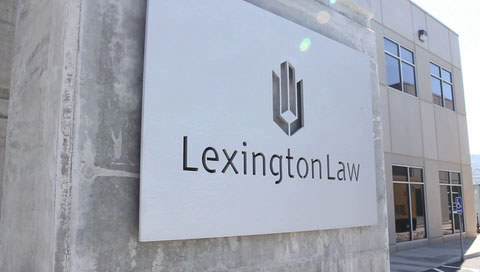Top 3 Reasons Why You Should Repair Your Own Credit


According to the federal reserve bank of New York, the total U.S. credit card debt now stands at a whopping $800 billion. The magnitude of such a phenomenon, perhaps as brought on by the economic downturn of 2008-2010, makes for big business. Put simply, the credit repair industry is booming. Hot off the heels of one of the greatest economic downturns since the “Great Depression,” the “Great Recession” of 2008 has created “Great Profits” for many credit and debt outfits, which now includes a bevy of credit repair organizations (CROs) such as non-profit credit counseling agencies, credit repair law firms, and the more infamous fly-by-night credit repair clinics. Should you buy services from one of these organizations? Yes and no! In theory, much of what these organizations can do, you can do for yourself, which poses an even greater question: “Should you repair your own credit?” The following list below represents three of the top reasons why you should consider repairing your own credit:

Reason #3 Repairing Your Own Credit Saves You Money…
Proper credit repair isn’t cheap. In fact, the more damaged the credit report, the higher the fees will be associated with its removal. Most credit reports tell a story. Let’s face it, the CROs won’t have your particular story at heart—to them you’re just another paying client. Notwithstanding, the CROs, in particular the credit repair lawyers, will have a competitive advantage over you in many areas, especially in regards to knowing the proper laws and procedures associated with the credit repair process. This is why it’s so important you find out as much information about credit repair as you can. As headed by Experian, Equifax and Transunion, consumers now have online access to his or her credit report from AnnualCreditReport.com, a quasi-government operated website that came into existed after the passage of the Fair and Accurate Credit Transactions Act (FACTA), an amendment to the FCRA passed in 2003, which allows consumers one free credit report per year. Also, with the advent of technology, there are numerous credit software, blogs and websites solely dedicated to helping consumers with the credit repair process.


Reason #2 Repairing Your Own Credit Is More Effective…
Although most credit repairing law firm does offer a quality service, most like any other profit seeking venture, seems to be in the business solely for the revenue, thus could care less if you achieve your particular financial goals or not. This doesn’t mean that they won’t give you a great job. If you were to do a web search for Lexington Law, odds are you’ll uncover great reviews. After all, the goal of any CRO is simply to increase credit scores. But here’s the thing that most CROs won’t tell you: to be effective with your credit repair journey all that’s needed is time, patience and know-how. With CROs, it’s the latter of the three that you’re paying for—time is the same no matter who’s doing the repairing. Case in point: if you have only a few negative trade lines to remove, conventional wisdom posits that the more effective option could be achieved via the “do-it-yourself” avenue. However, if you have ten or more negative trade lines to remove, time becomes a nonissue.


Reason #1 Repairing Your Own Credit Allows For Greater Financial Education…
The underlining premise behind the decision to give it a go own your own is based on the idea of time and patience. But perhaps an even greater motivation to self-credit repair is rooted in knowledge. Financial education is freedom. No longer are you beholden to the financial system, which without proper education can be a deterrent to your quality of life. Most credit gurus and personal financial pundits became who there are through trial and error. No one wakes up in the morning and all of a sudden becomes Suze Orman. What happens in the case of financial experts isn’t too hard to comprehend: life presented them with a financial challenge and instead complaining about it, they educated themselves as much as possible on personal finances and actually did something about it. The credit reporting industry (i.e., CRAs, CAs, OCs, etc.) aren’t going away anytime soon, thus it stands to reason to actually learn the system—preferably the sooner the better.









